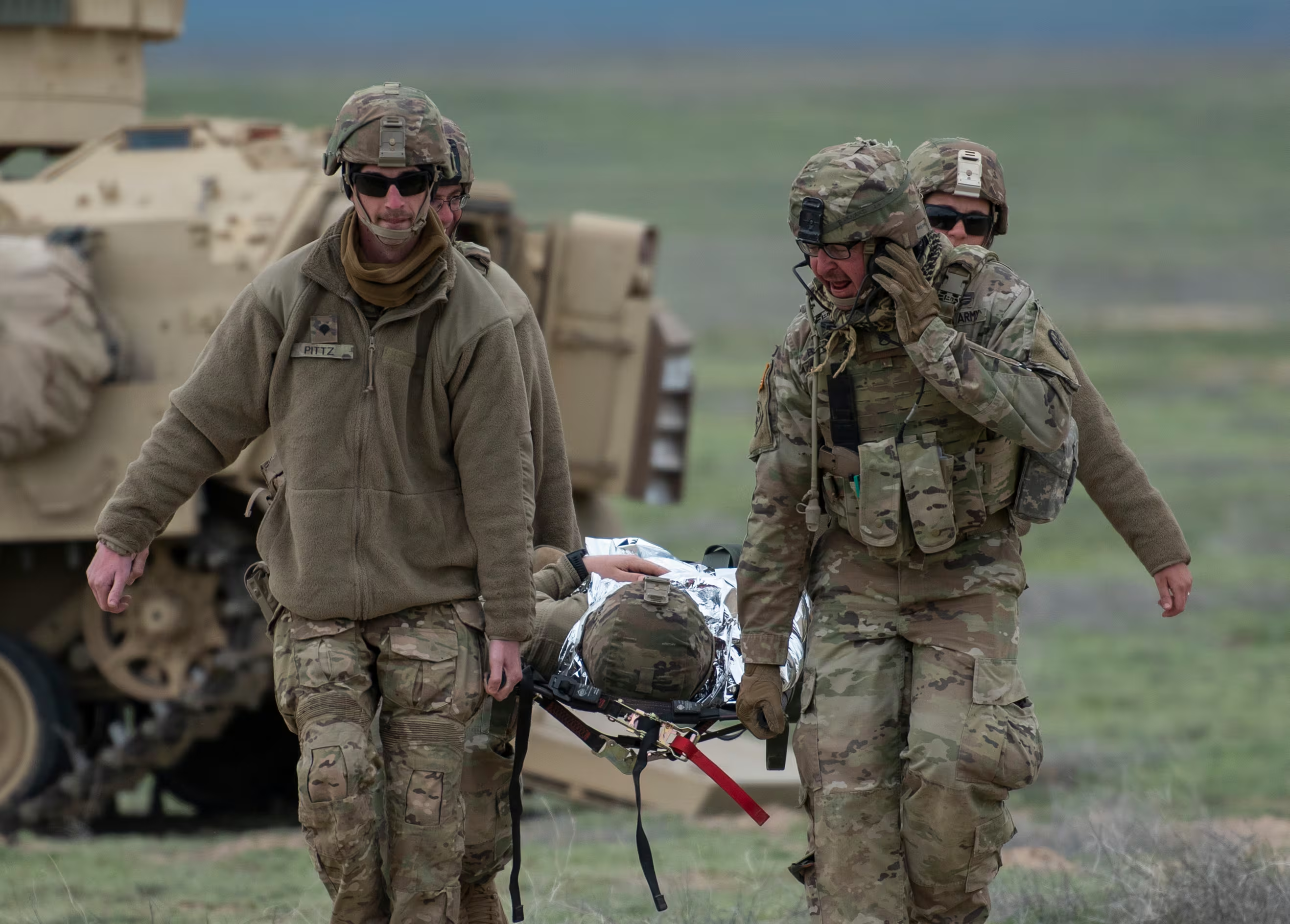Veterans Affairs Department officials want their own version of a base closure round, targeting aging hospitals and clinics they no longer need.
But getting support for such a move might be as frustrating and fruitless as convincing lawmakers to go along with the unpopular military base closing process, something the Pentagon has been begging for since 2012.
In budget testimony last week before the House Veterans' Affairs Committee, VA Secretary Bob McDonald said the department has 336 buildings nationwide that are less than half-occupied, and many are completely unused. The inventory includes not just historic sites but also aging, out-of-date locations.
Combined, the maintenance costs on those sites total more than $24 million a year, officials said.
"VA cannot be a sound steward of the taxpayers' resources with the asset portfolio that we're currently carrying," McDonald told lawmakers. "No business would carry such a portfolio. Veterans deserve much better. It's time to close the VA's old substandard and underutilized infrastructure."
More than 1,300 VA facilities are at least 70 years old, officials said, pointing to the need to upgrade and replace many parts of the infrastructure.
But closing any facilities will require support from lawmakers, who have fought viciously against Defense Department requests to close their own excess base capacity.
For many, any federal government facility closure means potential lost jobs, reduced services and angry constituents back in home states and districts.
Underscoring that tenet at the hearing was Rep. Corrine Brown, D-Fla., who joked that "we support closing some of the VA facilities ... just as long as you don't close any in Florida.
"That's kind of the mentality of the members of Congress," she said. "So as we work through it, we got to keep in mind, it is a team effort. And that those communities need to have input and involvement as we evolve as to what we want the VA to look like."
Ray Kelley, legislative director for the Veterans of Foreign Wars, told lawmakers that VA shouldn't be paying for space it isn't using, but added that any such moves need to be done in a way that doesn't frighten veterans already concerned about the availability of VA programs in their areas.
Paralyzed Veterans of America National Legislation Director Carl Blake said rather than jettison facilities, he would like to see the department find other ways to use the space.
"We've talked for years about using some of those underutilized spaces for ... homeless veterans," he said. "I would hope that they would think outside the box in some of the areas where these facilities can serve a purpose."
VA officials have not developed a formal list of facilities to be closed or a plan for how to actually shed the extra space. McDonald said he hopes to work with Congress in the months to come as part of larger conversations about eliminating waste within his department's budget.
Leo covers Congress, Veterans Affairs and the White House for Military Times. He has covered Washington, D.C. since 2004, focusing on military personnel and veterans policies. His work has earned numerous honors, including a 2009 Polk award, a 2010 National Headliner Award, the IAVA Leadership in Journalism award and the VFW News Media award.




